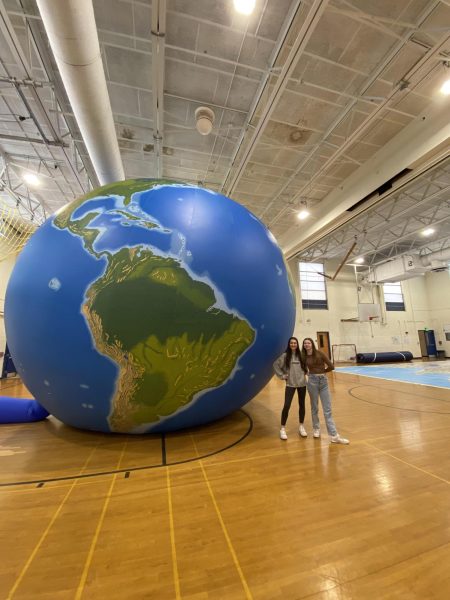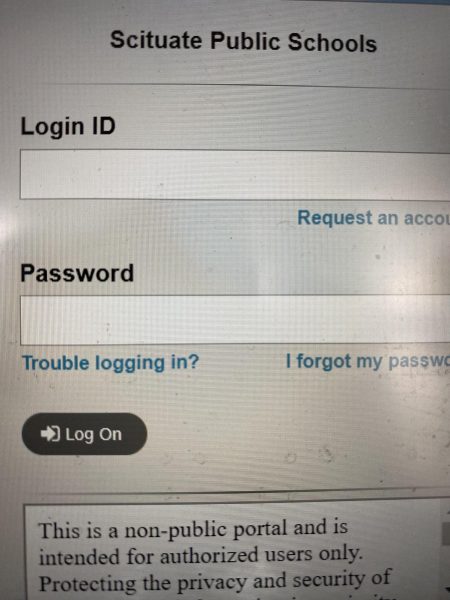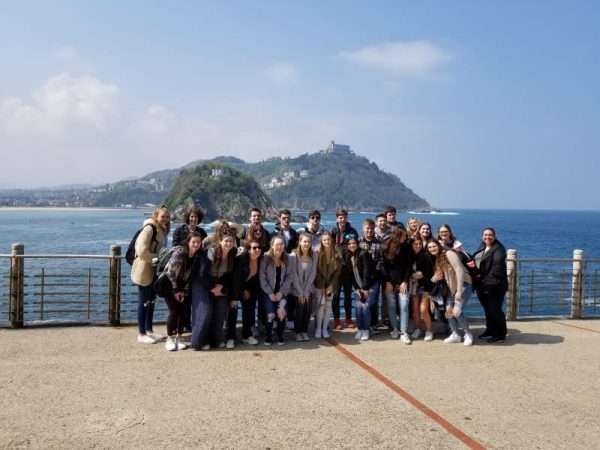Technology Today: Who’s in Control?
Where do we draw the line with technology?

February 8, 2021
Recently, I have found myself thinking about nature and our connection to it as humans. Increasingly, we find ourselves caught up in today’s fast-moving world, and our modern technology is part of almost every aspect of life. So, I pose this question to you–where do we draw the line of being over-reliant on technology?
As I have started to pay more and more attention to the news and the impact that technology has, it has opened my eyes to how disconnected from nature we seem to be becoming. I reflect on my life in recent months and think about all of the ways technology has shaped the way I live. Every day when my alarm goes off–technology. When I want to get news updates–technology. When I contact my friends–technology. And now, due to the pandemic, when I go to school–solely technology. I can’t think of any part of my life, or anyone who I’m close to, where technology doesn’t come into play.
This overload of devices is having an impact on society: It has caused teenagers to become completely reliant on technology; it has caused polarization in our political environment, and it has limited people’s relationship with the natural world as a whole. The teenage environment is defined by popular trends, updates, and hashtags. Nowadays, people feel the need to have the latest phone, the newest clothes, and the greatest number of social media followers. This is our social environment as teenagers.
Trends–the fashions you wear, the car you drive, or the pictures you post–represent how you are judged. Everything is centered around the hashtags of social media rather than the good you do for your community. In addition, this age of social media has caused teenagers and children to develop a lack of communication skills. From saying the word “like” in every single sentence, to not being able to talk to adults, to using lowercase I’s, the younger generation is digging itself a deeper and deeper hole. And rather than address this, it seems as if we are moving in the wrong direction: Kids seem to be getting technology earlier and earlier on, which is only fueling these bad habits.
Some may say that technology has only brought about positive change in terms of our politics today; however, this is not the case. During recent months, there has been a flood of information–especially given the 2020 election paired with the coronavirus pandemic. Some may argue this is good, and more people are staying up to date on what is going on around the world, but I think it has allowed many to stretch the truth or even supply “fake news.” There will always be bias in news and politics. They come as a package deal; even so, it needs to be controlled.
Serious issues such as election fraud have gained traction due to the flood of news and lack of responsibility for factual information. With social media and the role it plays now, anybody can post anything, and it can seem believable–even when statements are completely ridiculous. This is happening in the United States, which is one of the reasons we are so polarized as a country. With all of these news sources and social media influencers, every issue becomes a partisan issue, and this division needs to be addressed.
With our lives so intertwined with technology, it is hard to develop a deep connection with nature. Everywhere you go, you are reminded of the role that technology plays in transportation, communication, or even in outdoor activities. There is a growing demand for fitness devices that allow people to be connected to technology–even when they are trying to be “disconnected” during their everyday lives.
It is more and more common to see a lack of compassion toward nature and the impact we as humans have on it. The new “Me, Me, I, I” mentality of life, which is cultivated by technology, causes people to lose sight of the damage we are causing to wildlife and nature.
We may need to disconnect from technology in order to reconnect to our natural world and realize the importance of maintaining a clean environment. I have come to this conclusion: We are not in control of our use of technology–it now controls us.









